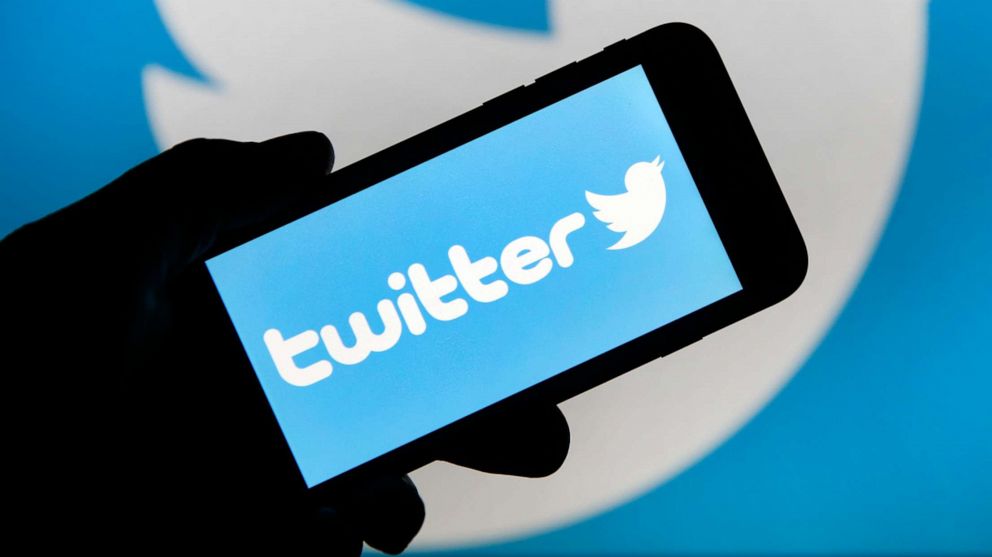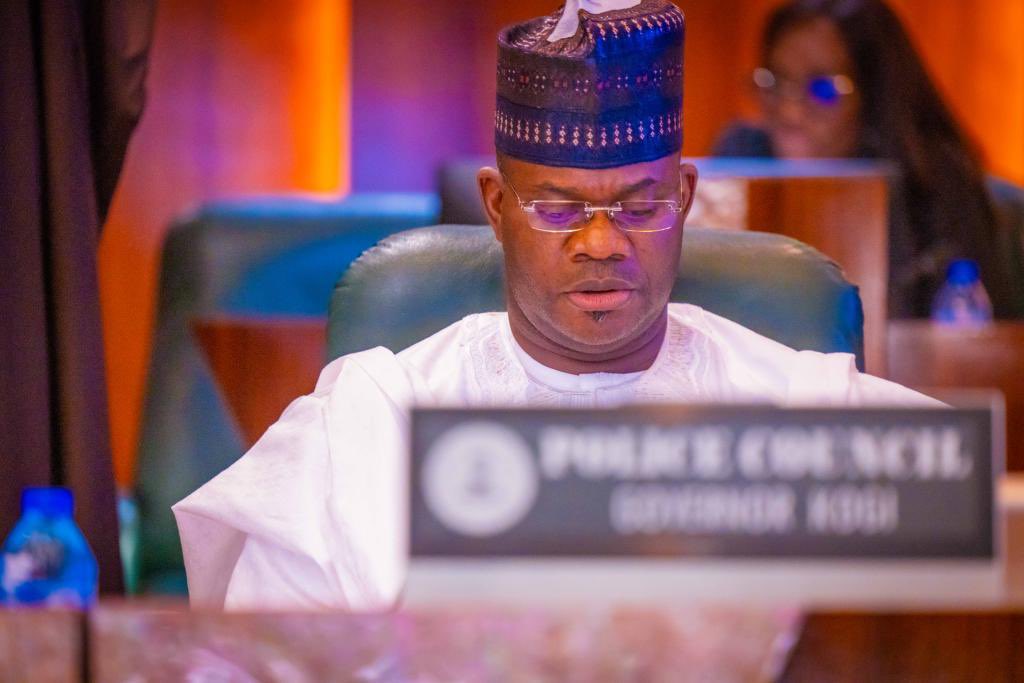Following the announcement of an indefinite suspension of Twitter on Friday, several users have prescribed Virtual Private Networks (VPNs) as a simple solution should government order Internet Service Providers (ISPs) to block the platform.
A few hours after the strange pronouncement which the Federal Government claimed was meant to help stem “the persistent use of the platform for activities that are capable of undermining Nigeria’s corporate existence”, ‘VPNs’ had already almost been circulated enough to top Twitter’s trends list.
However, while VPNs have the reputation of a quick solution to a government-controlled internet, they might not guarantee access to or promise the same Twitter Nigerians are used to.
Government can effect ban on a social media platform like Twitter with the help of ISPs which can block data traffic between the country-wide IP address and the platform, thus preventing exchange of data.
ISPs are the companies that give individuals and organizations their unique digital identities in form of IP addresses and connect them to other networks that make up the internet. In Nigeria, they include MTN, Spectranet, IPNX Nigeria Limited, etc.
These companies are licensed by the government and would either do its bidding or risk fines or contract loss.
VPN, however, lets a user hide IP address from the ISP and public networks. It encrypts the IP address and routes connection through its own server. A Nigerian using a VPN server located in the UK will appear to Twitter, for instance, as a UK user, thus evading any local restrictions placed on Nigerian IP addresses.
As great as this may sound however, there can be no interaction with a VPN server without the service of an ISP. Should VPNs help Nigerians circumvent Twitter ban, government may then order ISPs to block them, too.
For instance, China, which had blocked Google, Twitter, Facebook and Instagram in the last decade, banned non-state sanctioned VPNs on March 31, 2018.
VPNs may also not return the beautiful ‘Nigerian Twitter’ experience as users would be divided along different country blocs, never to see the ‘Trending in Nigeria’ feature which often spurs meaningful national conversations.
Finally, accessing Twitter via VPNs may put users at risk of arrest, detention, torture and extortion by security agents who might see such a backdoor approach as illegal.
Subscribe
Be the first to receive special investigative reports and features in your inbox.















